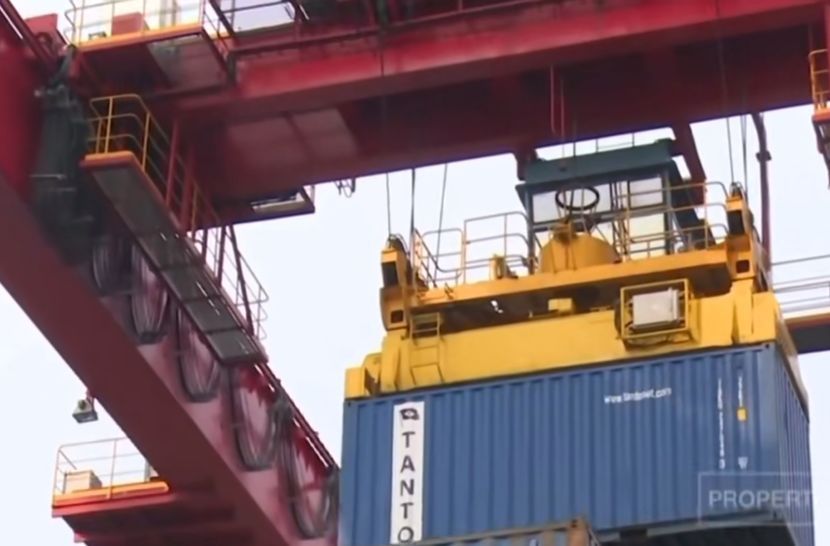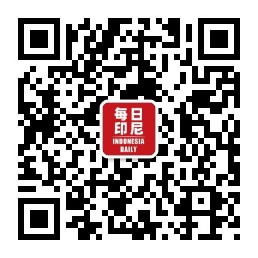Boss says: How to import and operate in Indonesia in a compliant manner

Doing business in Indonesia How to be compliant with imports, Mr. Wang shares three points.
First, do market research. In the second half of the Indonesian market, the model of purely utilizing the information gap and pouring goods no longer works. Must be based on their accumulated industry experience, product experience or manufacturing experience, in-depth research on the Indonesian market, do a good job of fine selection. Do not ask what is good money in the Indonesian market to blindly follow the trend, but based on what you are good at what industry, what products to do a good job of market positioning, as well as the construction of the business model. Basically, in the Indonesian market, To B products are better than To C products, and the chances of being a brand are greater than being a white label.
Second, set up a trading company or factory. The threshold for the establishment of a trading company or factory in Indonesia is actually not high, do not need local shareholders, local directors or supervisors, there is no need for mandatory paid-up capital, basically you can own 100% sole proprietorship, two passports, two weeks time, you can successfully register a trading company. Registered number of trading companies or factories, are automatically equipped with an import permit. Only the trading company's is a finished product import license, while the factory's is a raw material or semi-finished product import license. Before the product is launched, it is important to get the BPOM certification or SNI certification for the product.
Thirdly, registration and enrollment in the Indonesian National Customs Import and Export System, INSW. As early as 2006, Indonesia's import and export trade has already established the INSW system to be online and digitalized. One of the main functions of INSW is to check the compliance of the cargo import notification (PIB) data, and to simplify and speed up the import and export process in Indonesia by integrating and processing the import and export data through the online real-time method. In addition to this, Indonesian Customs also opens a whitelist for compliant importers to speed up the import process through MITA and AEO exemption program.
From the above three points can be seen, in Indonesia compliant imports, although at first in the product compliance certification threshold is relatively high, adapt to the Indonesian Customs INSW import system will take time, once the process runs smoothly, the cost of compliant imports to be much lower than non-compliant way, in this regard, what do you think.

